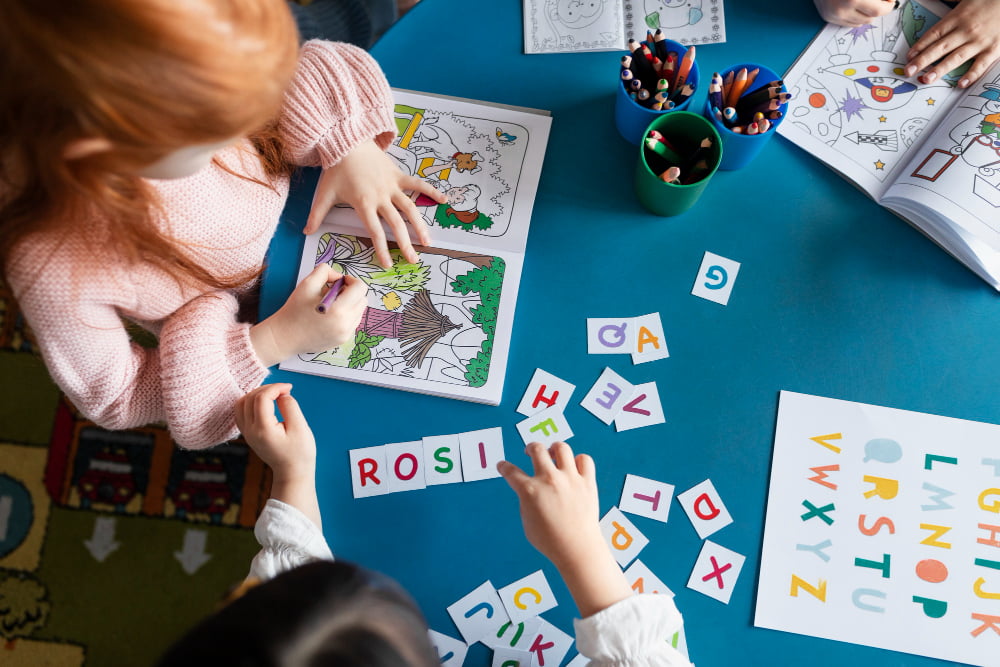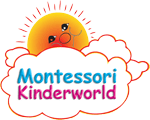
01 Feb Integrating Montessori in the Classroom
Montessori education is a unique approach to education that has been growing in popularity in recent years. The Montessori approach is based on the belief that children are naturally curious and capable of learning, and it provides them with a supportive and stimulating environment that allows them to explore and discover the world around them.
For teachers who are interested in integrating Montessori principles into their classrooms, there are several key elements to keep in mind. Here is a guide to help you get started:
- Create a supportive and stimulating environment: The Montessori classroom is designed to be a warm and welcoming place that provides children with the materials and experiences they need to explore and learn. This means creating a clean, organized, and well-lit space that is free of clutter and distractions.
- Encourage self-directed learning: Montessori education is based on the belief that children are capable of discovering and learning on their own. To support this, teachers should provide children with materials and activities that allow them to work independently and explore at their own pace.
- Provide hands-on experiences: Montessori education is centered on hands-on experiences and materials that allow children to explore and discover the world around them. Teachers should choose materials that are age-appropriate and engaging, and they should provide children with opportunities to use their senses and work with their hands.
- Focus on social development: Montessori education places a strong emphasis on social development, and teachers should encourage children to work and play together. This helps children to develop important social skills like cooperation, communication, and empathy, and it also helps to build a strong sense of community within the classroom.
- Observe and adapt: Montessori education is based on the observation and scientific study of children, and teachers should be trained to observe each child and adapt their materials and activities accordingly. This allows children to make meaningful progress and learn at their own pace, and it also helps to ensure that each child is receiving the support and guidance they need.
By following these guidelines, we successfully integrate Montessori principles into our classrooms, providing children with a supportive and stimulating environment that encourages exploration, discovery, and learning. With its focus on hands-on experiences, self-directed learning, and social development, Montessori education provides children with the foundation they need to be successful in school and in life.

No Comments